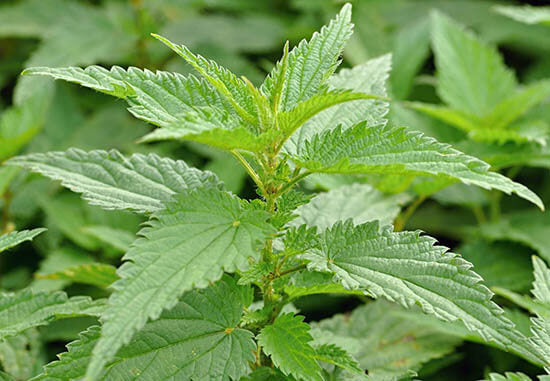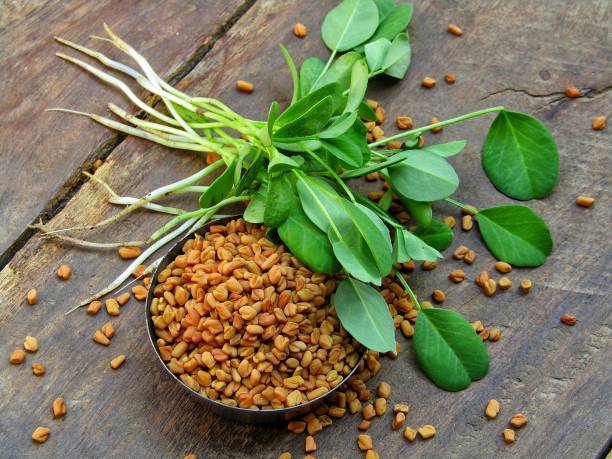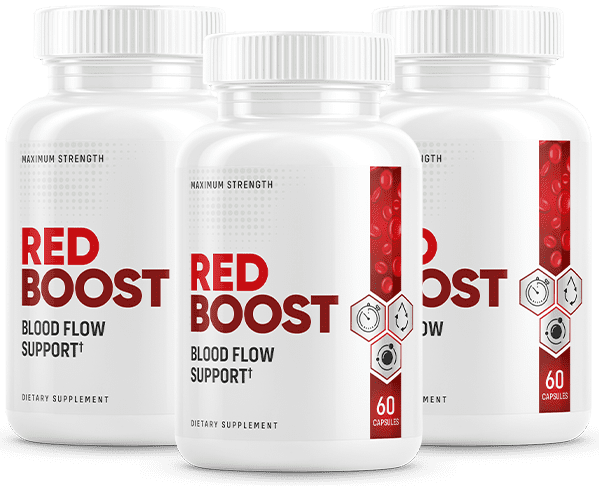Most Powerful Natural Herb Remedies for Erectile Dysfunction Treatment
Contents
- 1. Fewer side effects:
- 2. Holistic approach:
- 3. Accessibility and affordability:
- 4. Potential long-term benefits:
- 5. Complementary to conventional treatments:
- Top Natural Herb Remedies for Erectile Dysfunction
- Tongkat Ali
- Nettle Root
- Horny Goat Weed
- Yohimbe
- Vitamin D
- Citrulline
- Fenugreek
- Lifestyle changes to help cure ED
There are multiple compelling reasons why certain individuals opt for natural herb remedies for erectile dysfunction treatment.
1. Fewer side effects:
Compared to prescription medications for erectile dysfunction, natural remedies have a lower probability of causing undesirable side effects.
Pharmaceutical drugs can sometimes lead to headaches, dizziness, nausea, or flushing, which are undesirable. On the other hand, natural remedies, when used properly, have a lower risk of causing such negative side effects.
2. Holistic approach:
Natural herb remedies adopt a holistic approach that targets the fundamental factors contributing to erectile dysfunction. They concentrate on enhancing overall health, addressing nutritional deficiencies, restoring hormonal balance, and promoting better circulation. This comprehensive approach can have positive effects not only on sexual-function but also on general well-being.
3. Accessibility and affordability:
Natural remedies are often more accessible and affordable when compared to prescription medications. Numerous natural remedies for ED can be obtained over-the-counter or obtained through dietary supplements. This accessibility and cost-effectiveness make them a convenient choice for certain individuals.
4. Potential long-term benefits:
Natural remedies typically aim to tackle the root causes of erectile dysfunction, potentially leading to long-term benefits. By improving overall health, endorsing healthy lifestyle habits, and addressing underlying issues like cardiovascular health, hormonal imbalances, or stress, natural remedies can produce lasting effects on sexual function and overall wellness.
5. Complementary to conventional treatments:
You can use natural remedies alongside conventional treatments for ED, like prescription medications or therapy. They work together to support and improve the effects of conventional treatments, potentially making them more effective overall.
Top Natural Herb Remedies for Erectile Dysfunction
Tongkat Ali

Tongkat Ali, scientifically known as Eurycoma longifolia, is a potent medicinal herb that originates from Southeast Asia. With a long-standing traditional usage, it has been employed for various health reasons, including the treatment of erectile dysfunction (ED). Its potential advantages have been extensively studied and documented in numerous research studies and personal testimonials.
Increased testosterone levels:
Tongkat Ali is believed to have the ability to increase testosterone levels, which is crucial for sexual function. By potentially increasing testosterone production or availability in the body, it may contribute to addressing ED.
Improved blood flow:
Tongkat Ali has been suggested to have a vasodilatory effect, meaning it can widen blood vessels and enhance blood circulation. Adequate blood flow to the male genitals is essential for achieving and maintaining an erection.
Nettle Root

Nettle root, also known as Urtica dioica, is a plant commonly used in traditional medicine. Here are some key benefits that have been associated with nettle root:
Nettle root, also known as Urtica dioica, is a plant commonly used in traditional medicine.
Here are some key benefits associated with nettle root:
Hormonal balance:
Nettle root is believed to impact hormone levels in the body by regulating the production and binding of sex hormone-binding globulin (SHBG), a protein that can bind to testosterone and decrease its availability. By potentially decreasing SHBG levels, nettle root supports hormonal balance and increases the availability of free testosterone, which can positively influence ED.
Anti-inflammatory effects:
Nettle root possesses anti-inflammatory properties. Chronic inflammation has been linked to ED, and by potentially reducing inflammation in the body, nettle root may help improve overall vascular health and blood flow.
Prostate health:
Nettle root has traditionally been used for maintaining prostate health. Prostate enlargement, known as benign prostatic hyperplasia (BPH), can contribute to ED. Nettle root can help alleviate BPH symptoms, such as urinary issues, and indirectly improve ED.
Antioxidant activity:
Nettle root’s antioxidants neutralize harmful free radicals, reducing oxidative stress that negatively impacts blood vessels and ED. This potential reduction in oxidative stress can support vascular health and ED.
Horny Goat Weed

Horny goat weed, scientifically referred to as Epimedium, is an extraordinary herb with a long history in traditional Chinese medicine. It has gained popularity for its potential to enhance sexual function, including addressing ED.
Improved blood flow:
Horny goat weed is composed of icariin compounds that are thought to possess vasodilatory properties. Vasodilation involves the dilation of blood vessels, leading to improved blood flow throughout the body, including the male genital area.
Increased nitric oxide production:
Horny goat weed has been proposed to enhance the production of nitric oxide (NO) within the body. Nitric oxide is a natural vasodilator that aids in the relaxation and widening of blood vessels, resulting in improved blood flow. Increased NO production has been found to have a positive impact on erectile dysfunction (ED).
Anti-inflammatory and antioxidant effects:
Furthermore, horny goat weed possesses antioxidant properties and displays anti-inflammatory effects. Chronic inflammation and oxidative stress can have adverse effects on blood vessels. By potentially reducing inflammation and oxidative stress, horny goat weed may promote vascular health and contribute to improved ED.
Yohimbe
Yohimbe and Yohimbine have been studied as potential treatments for ED. Yohimbine is believed to work by blocking specific receptors (alpha-2 adrenergic receptors), which can increase blood flow to erectile tissues and improve sexual function.
Vitamin D
Testosterone, a hormone crucial for male sexual-function and libido, is significantly involved in these processes. Cells responsible for testosterone production contain vitamin D receptors, indicating a potential correlation between vitamin D levels and the production of testosterone.
Some studies have found a correlation between low vitamin D levels and decreased testosterone levels. Since testosterone is essential for healthy male function, a deficiency in vitamin D can indirectly impact male performance.
Citrulline

Citrulline is an amino acid that plays a role in the urea cycle and the production of nitric oxide (NO). Nitric oxide helps relax and widen blood vessels, promoting better blood circulation.
Citrulline also reduces oxidative stress, supports vascular health, and enhances exercise performance, all of which have positive effects on ED.
Enhanced nitric oxide production:
The body converts citrulline, an amino acid, into arginine, which is then utilized to produce nitric oxide. Nitric oxide acts as a natural vasodilator, relaxing and widening blood vessels to enhance blood circulation.
Reduction of oxidative stress:
Citrulline possesses antioxidant properties, which can assist in diminishing oxidative stress within the body. Oxidative stress has the potential to harm blood vessels and impede blood flow, which may impact erectile dysfunction (ED). By reducing oxidative stress, citrulline aids in supporting vascular health and facilitating improved blood flow to the male genital area.
Increased exercise performance:
Research has investigated the use of citrulline supplementation to potentially boost exercise performance by enhancing blood flow and reducing fatigue. Citrulline has demonstrated its ability to enhance physical performance during exercise, which can have positive impacts on erectile dysfunction (ED).
Fenugreek

Fenugreek, an herb used in traditional medicine, has shown promising results in improving function in men with mild to moderate ED. It influences hormone levels, particularly testosterone, and helps regulate blood sugar levels. Fenugreek’s antioxidant and anti-inflammatory properties contribute to vascular health and better ED outcomes.
Lifestyle changes to help cure ED
1. Maintain a Healthy Weight:
A study published in the Journal of Sexual Medicine revealed that men who are overweight or obese have a 50% greater chance of experiencing erectile dysfunction (ED) compared to those with a healthy weight (BMI below 25). Making lifestyle changes to maintain a healthy weight, including adopting a balanced diet and engaging in regular exercise, can substantially decrease the risk of developing or exacerbating ED.
2. Regular Exercise
Engaging in moderate-intensity exercise, like brisk walking or cycling, improves blood circulation, reduces stress, and maintains healthy hormone levels.
3. Quit Smoking and vaping:
Smoking damages blood vessels and reduces blood flow, contributing to ED. Quitting smoking is crucial for improving cardiovascular health and ED outcomes.
4. Limit Alcohol Consumption:
Drinking too much alcohol can directly harm your male performance. It’s best to moderate your alcohol intake or avoid it altogether to support a healthy sex -life.
5. Manage Stress:
Stress affects hormone levels, blood flow, and overall well-being. Relaxation techniques, exercise, hobbies, and seeking support can help manage stress.
6. Get Quality Sleep:
Sufficient sleep promotes healthy hormone levels, mood, and overall well-being. Establishing a sleep routine and creating a comfortable sleep environment are important. Aim for at least 7-8 hours per day.
7. Communication and Emotional Intimacy:
Openly discussing ED with a partner alleviates stress and builds emotional intimacy. Couples therapy can be beneficial if needed.
8. Medication Review:
Some medications may contribute to ED. Discussing medications with a healthcare provider can help identify any necessary adjustments.
Reference:

